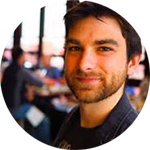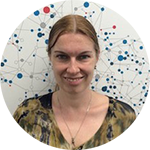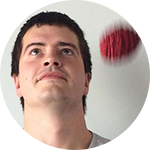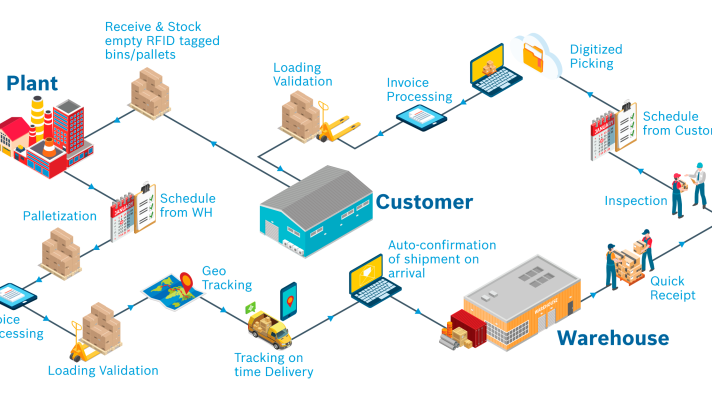Discussing TensorFlow, Google Brain, OpenAI, and End-to-End Examples
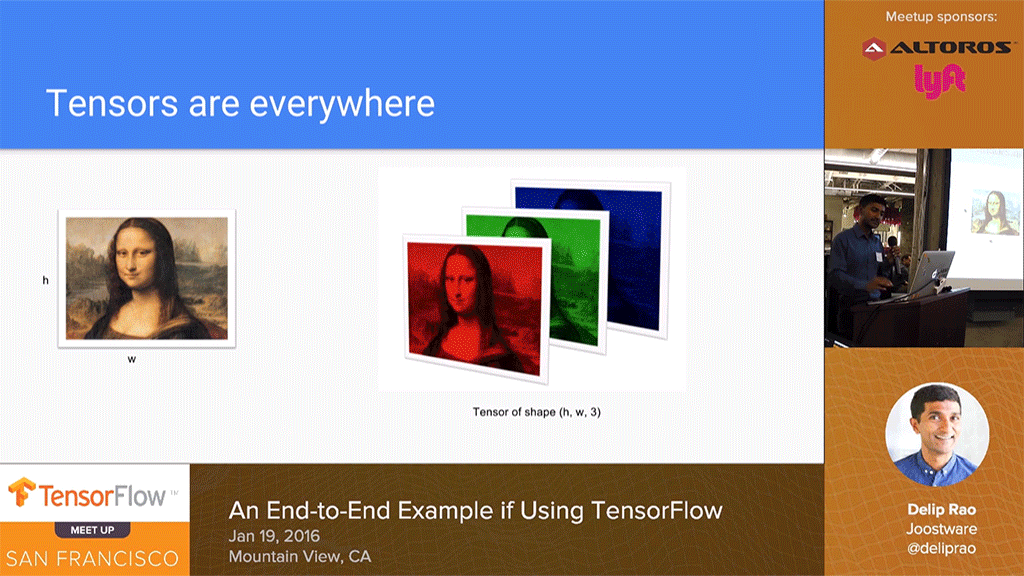
This post contains the recordings of the panels and technology sessions from the TensorFlow San Francisco meetup—sponsored and organized by Altoros on January 20, 2016.
A TensorFlow overview
In this video, Alex Londeree, Sr. Data Scientist at Knit Health, provides an overview of TensorFlow, comparing it to the similar libraries (Torch, Theano, Caffe, etc.). He also talked about TensorFlow’s mechanics, likely scenarios of the tool’s evolution, etc.
An end-to-end example of using TensorFlow
In his talk, Delip Rao of Joostware focused on under-the-hood mechanisms of TensorFlow with an actual code example. His goal was to demonstrate various TensorFlow concepts in the context of a working application.
Analytics with Juttle: A data flow language for everyone
From this lightning talk with Daria Mehra of Jut—a data analytics platform, you will learn about a new open-source Juttle project. Juttle is an analytics system and language for developers built upon a stream-processing core and targeted for the presentation-layer scale. Dari provides a demo of what Juttle is capable of as a language and what kind of a program can be written in it.
TensorFlow at the Google Brain team
This session with Geoffrey Irving of Google Brain mostly covers the problems TensorFlow is good at solving and how the tool is applied to tackle some internal issues within Google. In addition, Geoffrey gave some recommendations for those who are trying TensorFlow out and spoke of some data size restraints.
Open collaboration around AI
Gregory Renard, Chief Visionary Officer at XBrain—the company designing assistance for automakers—talked about OpenAI and its possible impact. (OpenAI is a non-profit artificial intelligence research organization founded by recognized ML/AI engineers and researchers, including Elon Musk.) He demonstrated some of XBrain’s solutions that make daily life easier.
Join our group to stay tuned with the upcoming events.
Further reading
- Adopting TensorFlow for Manufacturing and Industrial Internet of Things
- The Magic Behind Google Translate: Sequence-to-Sequence Models and TensorFlow
- Performance of DL Frameworks: Caffe, Deeplearning4j, TensorFlow, Theano, and Torch
About the speakers



